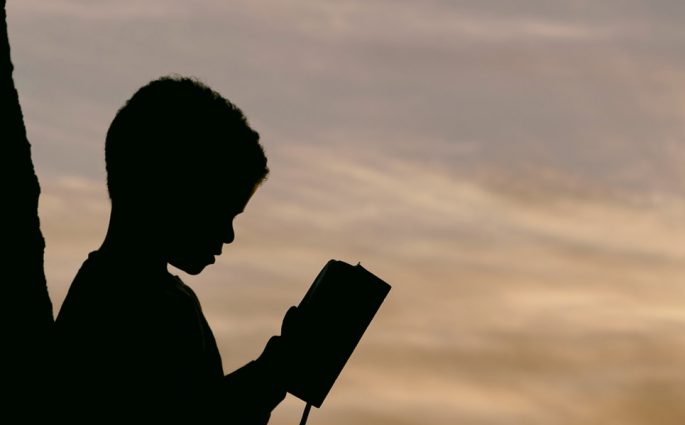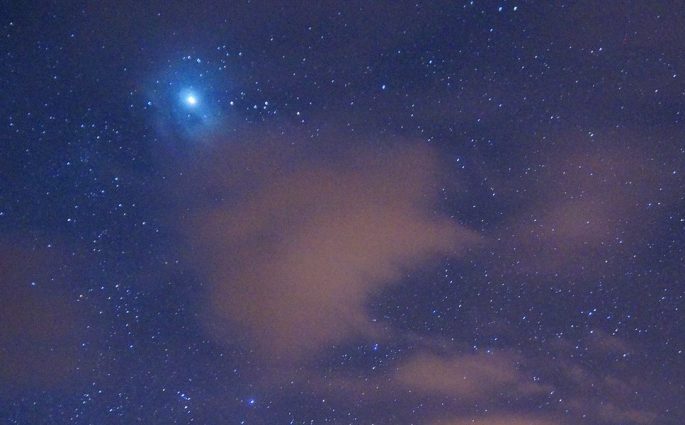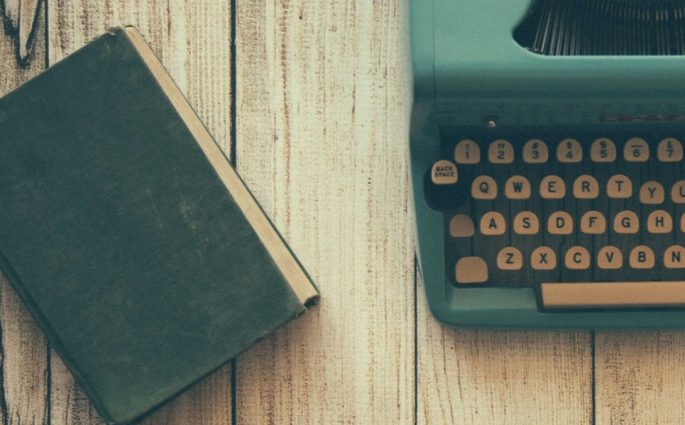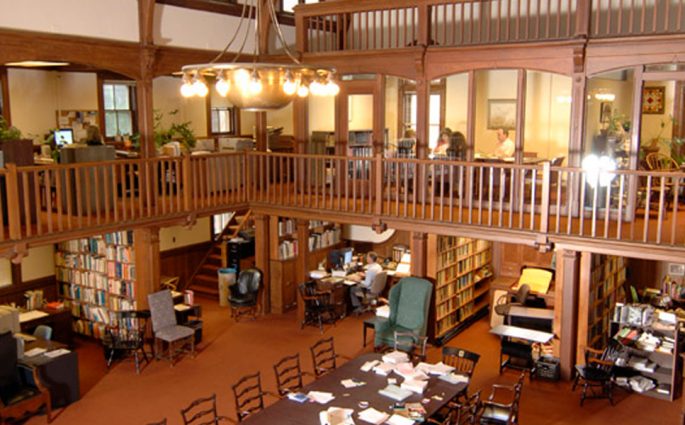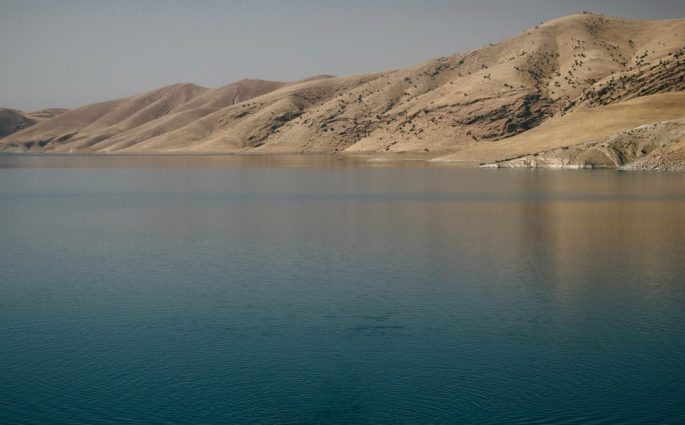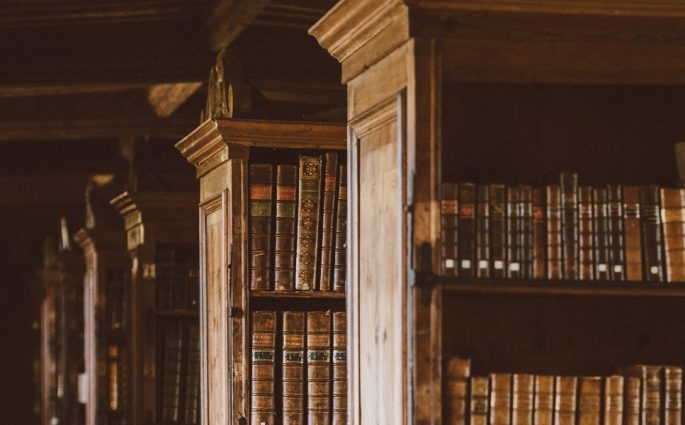Understanding Literacy
Beth Barton Schweiger— The power of literacy’s hold on the modern imagination cannot easily be measured. One way to begin to comprehend it is to pose a question: who is against it? From local school boards to Capitol Hill to the United Nations General Assembly, the consensus that literacy empowers

